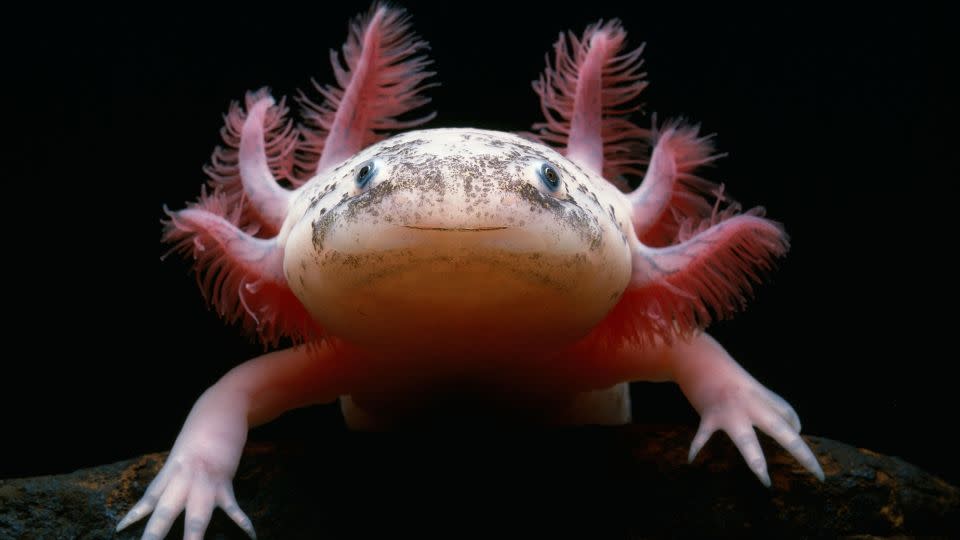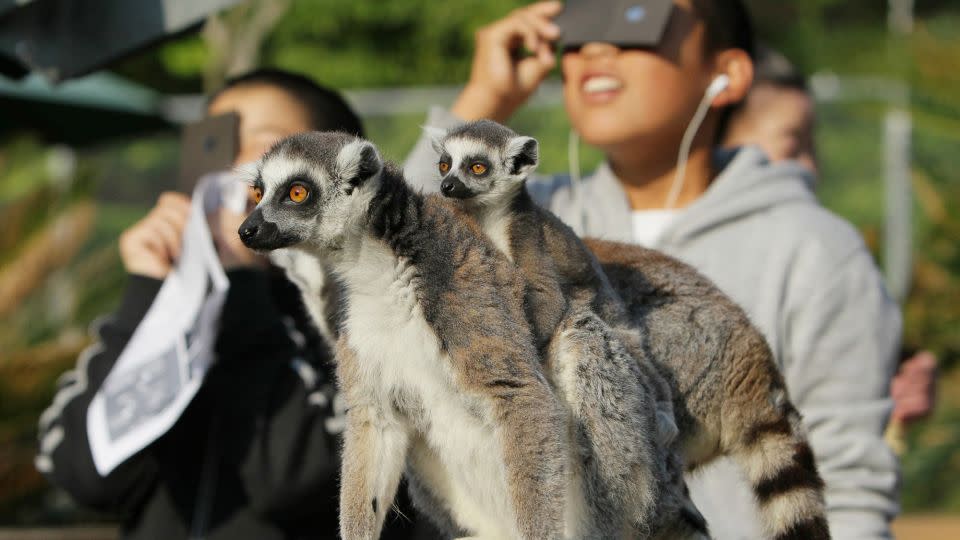Starship’s monumental third flight ends unexpectedly

A version of this story appeared in CNN’s Wonder Theory science newsletter. To get it in your inbox, sign up for free here.
Each time SpaceX’s Starship system leaps off the launchpad, it unleashes an unmistakable roar over South Texas that heralds the most powerful rocket ever built.
Its 33 engines boost the spacecraft, which could eventually carry NASA astronauts to the moon’s surface, on a supersonic journey headed for space.
But the first two test flights ended in explosions in 2023.
SpaceX doesn’t regard these fiery mishaps as failures. Instead, the company utilizes flight tests to gather crucial data and make improvements before the next vehicle rolls out for liftoff.
And this week, another Starship soared from the Starbase facility over the Texas skies, with the team hoping the third time would be the charm.
Defying gravity

Starship’s eventful third test flight achieved multiple milestones before ending prematurely and likely breaking apart.
The spacecraft was expected to splash down in the Indian Ocean at the end of its hourlong flight, but SpaceX lost Starship’s signal shortly after the vehicle reentered Earth’s atmosphere.
During a live view of entry, a glowing red halo could be seen around Starship, indicating the scorching temperatures its heat shield faced.
However, the third flight of Starship flew longer and higher than either of the previous tests.
The spacecraft reached orbital speeds and carried out tests of capabilities that will be needed on future flights.
A long time ago
People have been adorning themselves for thousands of years, but for the first time, researchers have figured out how Stone Age humans wore their piercings.
When researchers excavated Boncuklu Tarla, an archaeological site in southeastern Turkey, they found facial piercing adornments placed near the ears and mouths of the remains within the graves.
Specific dental wear patterns revealed that the people buried at the site had piercings likely below their lower lips, similar to an ornament known as a labret.
Fantastic creatures

In the world of amphibians, axolotls manage — in a way — to stay forever young.
“They maintain their juvenile look throughout the course of their life. They’re teenagers, at least in appearance, until they die,” said Dr. Randal Voss, a professor at the University of Kentucky College of Medicine.
These adorable and aquatic salamanders resemble cheerful Muppets with their wide eyes and frilly gills.
Unlike other amphibians such as frogs, axolotls never make the move to land. And while axolotls have taken the internet by storm, poor water quality in their home of Mexico’s Lake Xochimilco has caused them to become critically endangered. Now, conservationists are getting creative to protect these unusual creatures.
Across the universe
Since November, NASA’s Voyager 1 spacecraft has been experiencing a bit of a communication glitch that causes one of its computers to send a signal but no usable data back to the mission team on Earth.
But engineers are hoping that a “poke” they sent to the aging probe, and the surprising response they just received from Voyager 1, might help them to understand the issue better and troubleshoot it from almost 15 billion miles away.
Voyager 1, launched in 1977 along with its twin, Voyager 2, is currently the farthest spacecraft from Earth.
And much like the Voyager probes and their iconic Golden Records, NASA’s upcoming Europa Clipper mission will carry 2.6 million names, an original poem and meaningful artwork to Jupiter’s ocean moon.
Wild kingdom

The last time a total solar eclipse arced over the United States was in 2017. During the historic event, scientists noticed animals behaving strangely when the skies suddenly darkened over the Riverbanks Zoo and Garden in Columbia, South Carolina.
Gorillas readied themselves to sleep, Galápagos tortoises began mating, and giraffes clustered and took off at a gallop.
As the April 8 total solar eclipse approaches, researchers are preparing to watch for increased activity in nocturnal creatures and anxious or sleep-motivated patterns in other critters as the moon’s shadow blocks the bright light of the sun from view for a few moments.
And scientists are inviting the public to join in the fun by helping to gather the sights and sounds of unusual animal behavior.
Discoveries
Take a closer look at these enlightening stories:
— The James Webb Space Telescope helped astronomers locate icy molecules that could be used to form potentially habitable planets, and maybe whip up a cosmic margarita, around two young stars.
— Archaeologists uncovered the lavish grave of a religious leader dubbed “Lord of the Flutes,” who was buried 1,200 years ago alongside gold objects as well as a few dozen sacrificial companions in Panama.
— New research based on brain tests suggests that watching cute puppy videos or interacting with dogs could strengthen brain waves associated with rest and relaxation.
— The unexpected appearance of an Arctic walrus in Scarborough, England, and a trippy nighttime view of a starling are just some of the winning entries of the 2024 British Wildlife Photography Awards.
Like what you’ve read? Oh, but there’s more. Sign up here to receive in your inbox the next edition of Wonder Theory, brought to you by CNN Space and Science writers Ashley Strickland and Katie Hunt. They find wonder in planets beyond our solar system and discoveries from the ancient world.
For more CNN news and newsletters create an account at CNN.com


